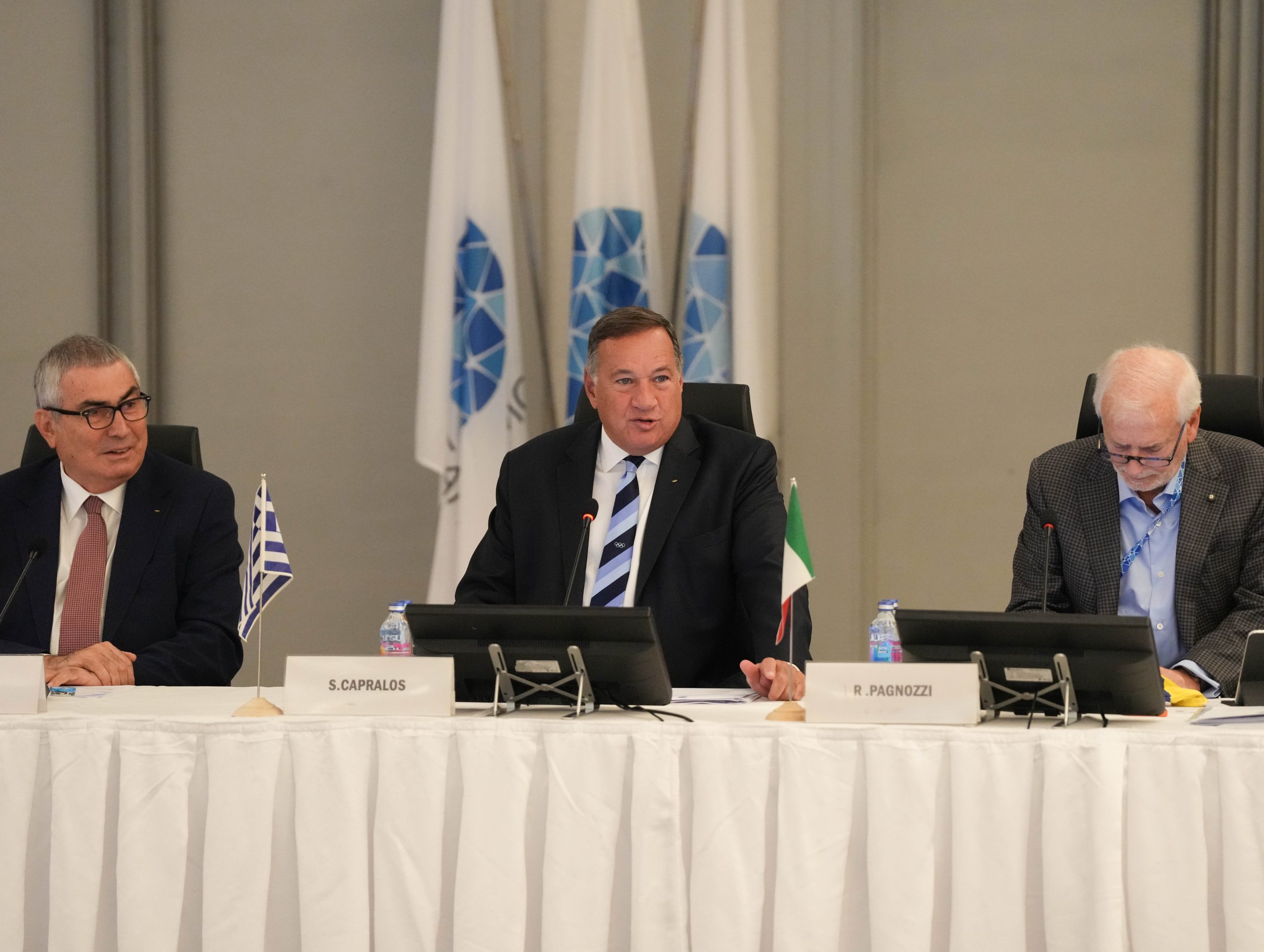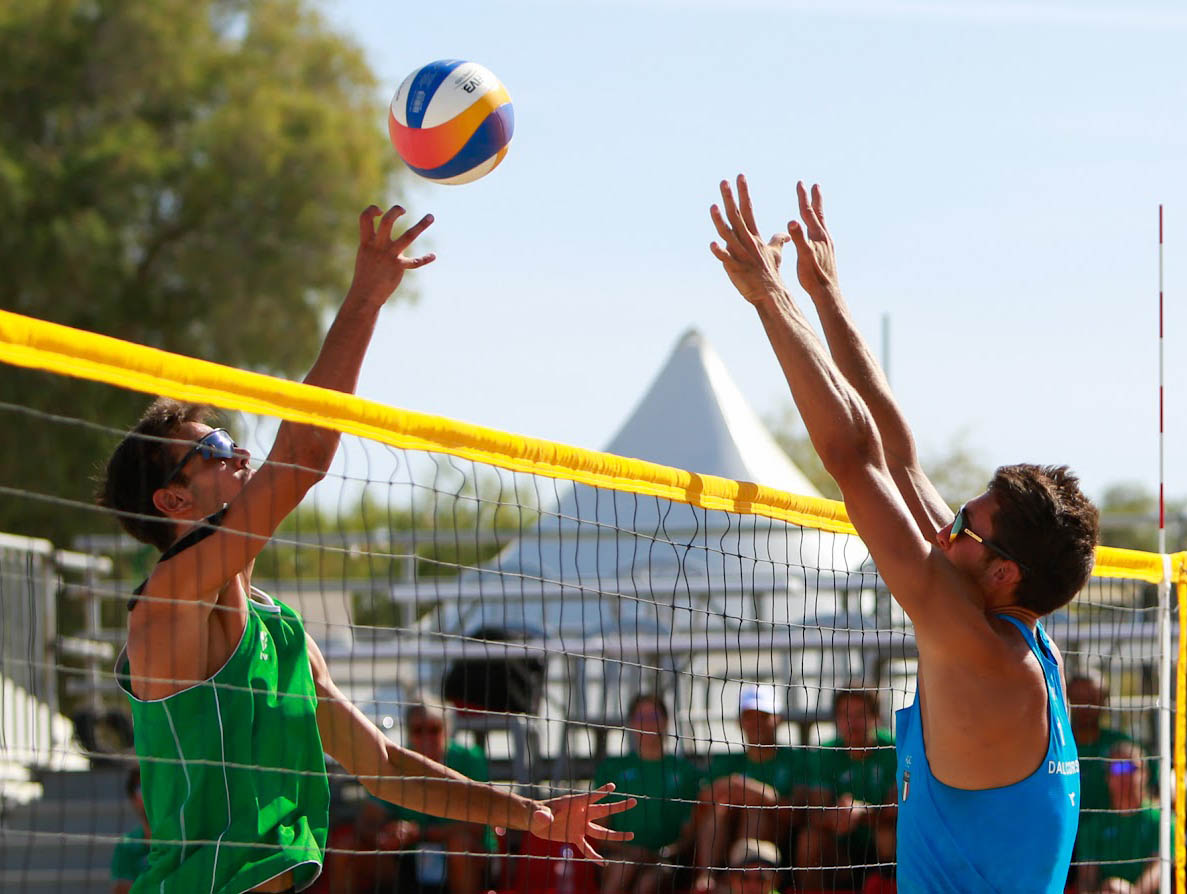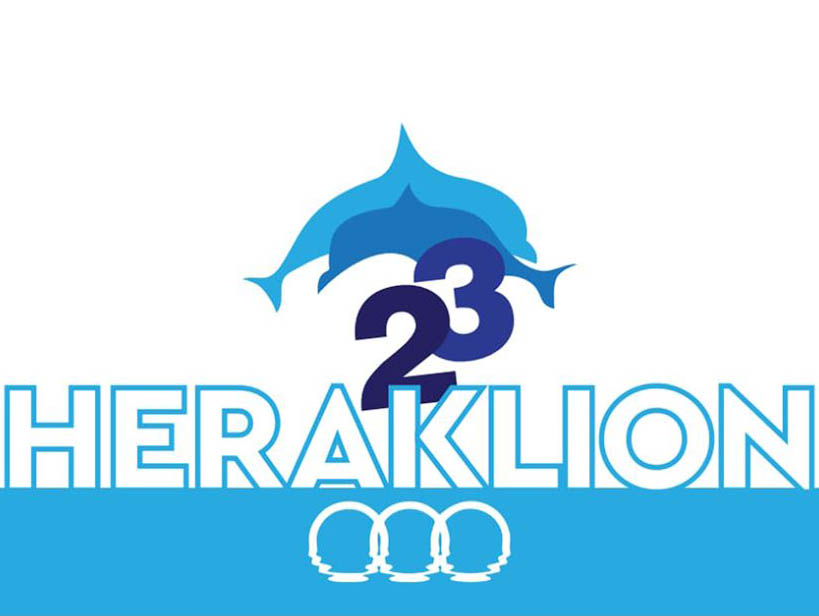1. European Parliament approves Services Directive
On 16.02.2006 the European Parliament (EP) voted for the Services Directive with a large majority in its first reading. Owing to fierce criticism, however, substantial changes were made to the original draft from the Commission.
Very positive for sport is the fact that games requiring a monetary stake, in the case of games of chance, including lotteries, gambling casinos and wagers, were exempted from the directives area of application.
The next stages of the legislative procedure are as follows:
The EU Commission (CEC) has announced that, following the first reading in the EP, it will take back and amend the directive proposal. In reworking the directive, it will take up the amendments desired by the EP and present the revised proposal at the spring summit on 23/24 March 2006. The Austrian Council Presidency is endeavouring to achieve at least a political agreement in the first half of 2006 as, because of diverging interests in the Council, concluding the procedure does not seem very feasible. Thus, it is highly likely that the Services Directive will be discussed after the second reading in the EP.
Both the Council and the EP are speaking out in favour of exempting games of chance from the directives area of application.
2. EU partners using sport for urban regeneration
Twenty four partners from the EU have joined forces to help sports facilities contribute to economic development, urban regeneration, social inclusion and the image of towns and cities.
‘Sport Urban’ is a project funded by the EU in the framework of the Interreg III programme, which has a total budget of 1.5 million euros. From October 2004 until July 2007 it brings together 24 organisations, mostly cities, to investigate the effects of sports and leisure on a city in order to use these items more effectively.
The main aim is to analyse, exchange, study and communicate on various ways to restructure ‘difficult’ city areas through sport structures.
The results of preceding phases will be summarised into a practical toolkit on policies and approaches using sport-related policy as instruments for urban development by integrating environmental concerns, social inclusion and economic potential.
3. 2006 Winter Olympics boosts regional development
The role of large sporting events in boosting regional development processes is acknowledged. The European Commission therefore considers the 2006 Olympic Games an excellent opportunity to focus regionally effective energies in the Olympic Games region in order to revive and further develop Piedmont economically and structurally.
Sports infrastructure projects, such as swimming pools, ice-skating rinks and ski slopes for example, and the promotion of the 2006 Winter Olympics, were therefore supported within the framework of the European Regional Development Fund (ERDF).
In the 2000-2006 assistance period, approximately EUR 488.6 million flowed from the European Structural Fund into the Piedmont region.

















